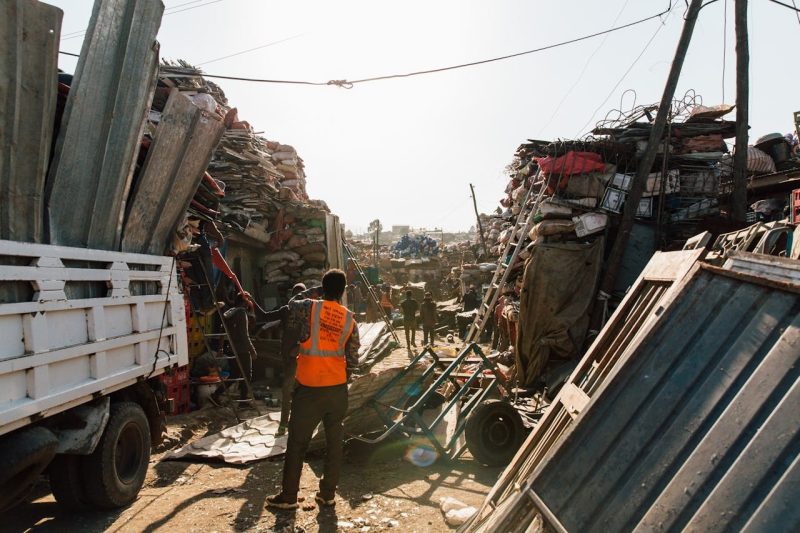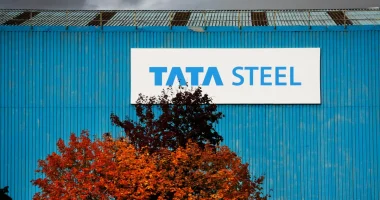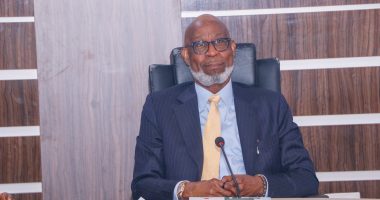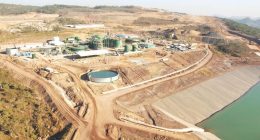As Nigeria faces increasing challenges of environmental degradation and rising material costs, scrap and iron sellers—commonly known as Pantakers—are asserting their vital role in the nation’s metal supply chain and circular economy.
These grassroots recyclers, who collect, sort, and resell scrap metals and reusable items, argue that their contribution extends beyond economic survival to include environmental sustainability, job creation, and national industrial support.
In an exclusive interview, Mohammed Kasim, Public Relations Officer of the Amalgamated Pantaker Union in the Federal Capital Territory, underscored the socio-economic importance of the sector.
“Our work not only supports local industries by supplying affordable raw materials and reusable items, it also promotes environmental sustainability and provides income opportunities for thousands of people across the country. In many ways, Pantakers are the grassroots operators keeping the recycling ecosystem alive in Nigeria.”
Pantakers reduce the country’s dependence on virgin resources and help lower the environmental toll of extraction and processing by bridging the gap between metal consumers and manufacturers.
“With the current state of the Nigerian economy, where the prices of goods and materials keep rising every day, scrap and recycling have become a much more affordable option for many people. Instead of buying brand-new items like iron or aluminum which are now very expensive, customers come to us to buy recycled or used materials at a much cheaper price. And most of the time, these materials are still very strong and usable,” Kasim added.

Despite their growing relevance, Pantakers face considerable obstacles. Key among them is poor infrastructure, lack of access to finance, and regulatory grey areas that often lump them in with informal or unregulated waste operations.
There are also public concerns regarding pollution and health hazards typically associated with scrap handling. However, Pantakers insist that with the right institutional support, their work can be both safe and sustainable.
“We’re also calling for infrastructure places we can work from, like recycling hubs, storage spaces, and proper collection centres in different communities,” Kasim urged.
The union is now appealing to government authorities, private sector stakeholders, and environmental agencies for formal recognition and support that can strengthen the efficiency, safety, and scalability of their operations.
Pantakers offer a grassroots-driven model for inclusive economic development and environmental remediation as Nigeria’s extractive and mining sectors confront the fallout from decades of unregulated activity.












